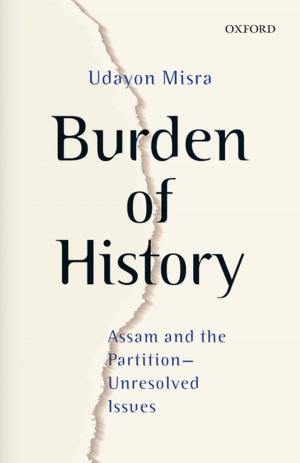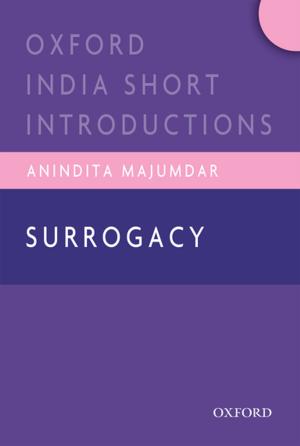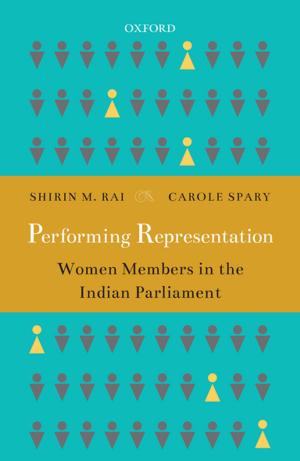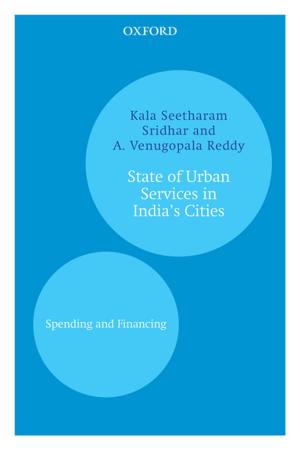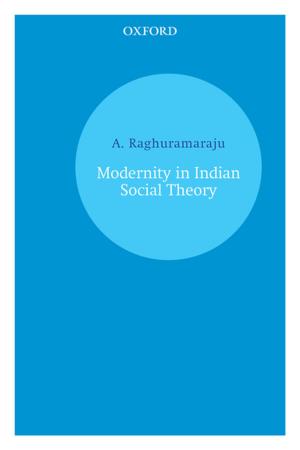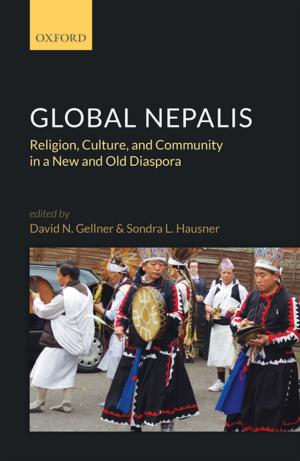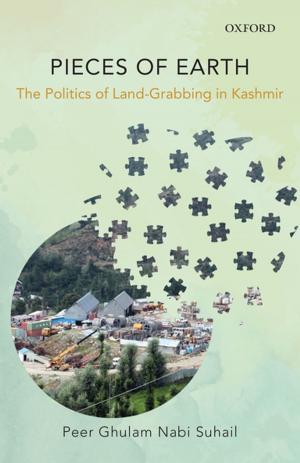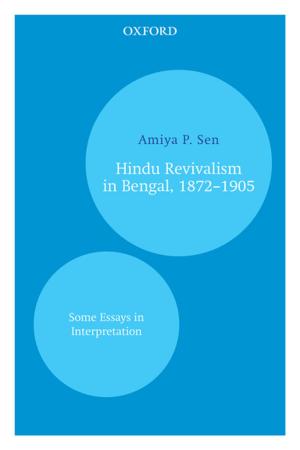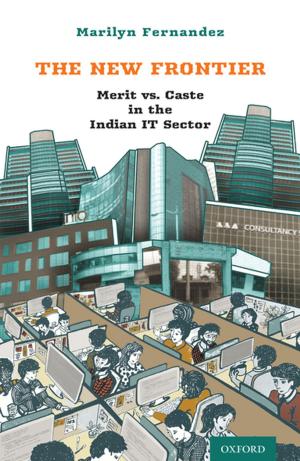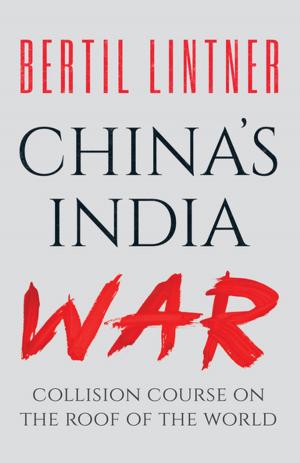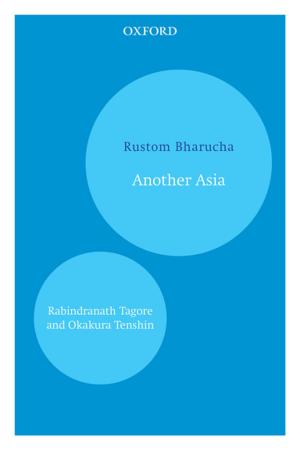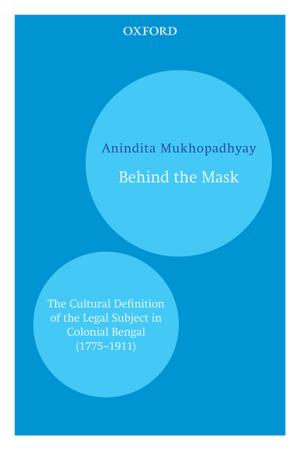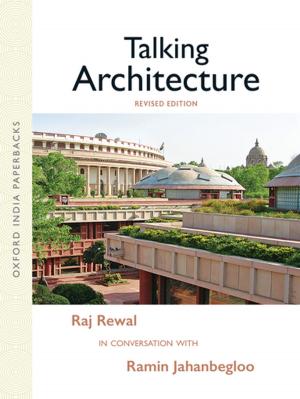Triple Talaq
Examining Faith
Nonfiction, Reference & Language, Law, Family Law, Religion & Spirituality, Middle East Religions, Islam| Author: | Salman Khurshid | ISBN: | 9780199093250 |
| Publisher: | OUP India | Publication: | January 25, 2018 |
| Imprint: | OUP India | Language: | English |
| Author: | Salman Khurshid |
| ISBN: | 9780199093250 |
| Publisher: | OUP India |
| Publication: | January 25, 2018 |
| Imprint: | OUP India |
| Language: | English |
Triple talaq, or talaq-e-bidat, is one of the most debated issues in the Muslim world. From antiquity, the Muslim faith has been plagued by the portrayal of Muslim men regularly misusing this perceived “right” to divorce their wives instantly by simply uttering “talaq” thrice. The Supreme Court of India, in the landmark judgment of Shayara Bano v. Union of India, has taken the step to declare this form of talaq unconstitutional and to strike down its practice. In Triple Talaq: Examining Faith, Salman Khurshid, who intervened to offer the court an amicus brief in the “Triple Talaq case”, offers a straightforward yet comprehensive overview of this complicated issue. Explaining the reasons behind the court’s decision, he dives deep into other aspects of this practice: why it is wrong; why it has thrived; what was the judicial history of this issue; what the Quran and Muslim religious leaders say about it; and what the comparative practices in other countries are. A handy guide to this landmark decision and what it means for Muslims in India, this book is written not just for the theologian, but also for the common reader.
Triple talaq, or talaq-e-bidat, is one of the most debated issues in the Muslim world. From antiquity, the Muslim faith has been plagued by the portrayal of Muslim men regularly misusing this perceived “right” to divorce their wives instantly by simply uttering “talaq” thrice. The Supreme Court of India, in the landmark judgment of Shayara Bano v. Union of India, has taken the step to declare this form of talaq unconstitutional and to strike down its practice. In Triple Talaq: Examining Faith, Salman Khurshid, who intervened to offer the court an amicus brief in the “Triple Talaq case”, offers a straightforward yet comprehensive overview of this complicated issue. Explaining the reasons behind the court’s decision, he dives deep into other aspects of this practice: why it is wrong; why it has thrived; what was the judicial history of this issue; what the Quran and Muslim religious leaders say about it; and what the comparative practices in other countries are. A handy guide to this landmark decision and what it means for Muslims in India, this book is written not just for the theologian, but also for the common reader.

